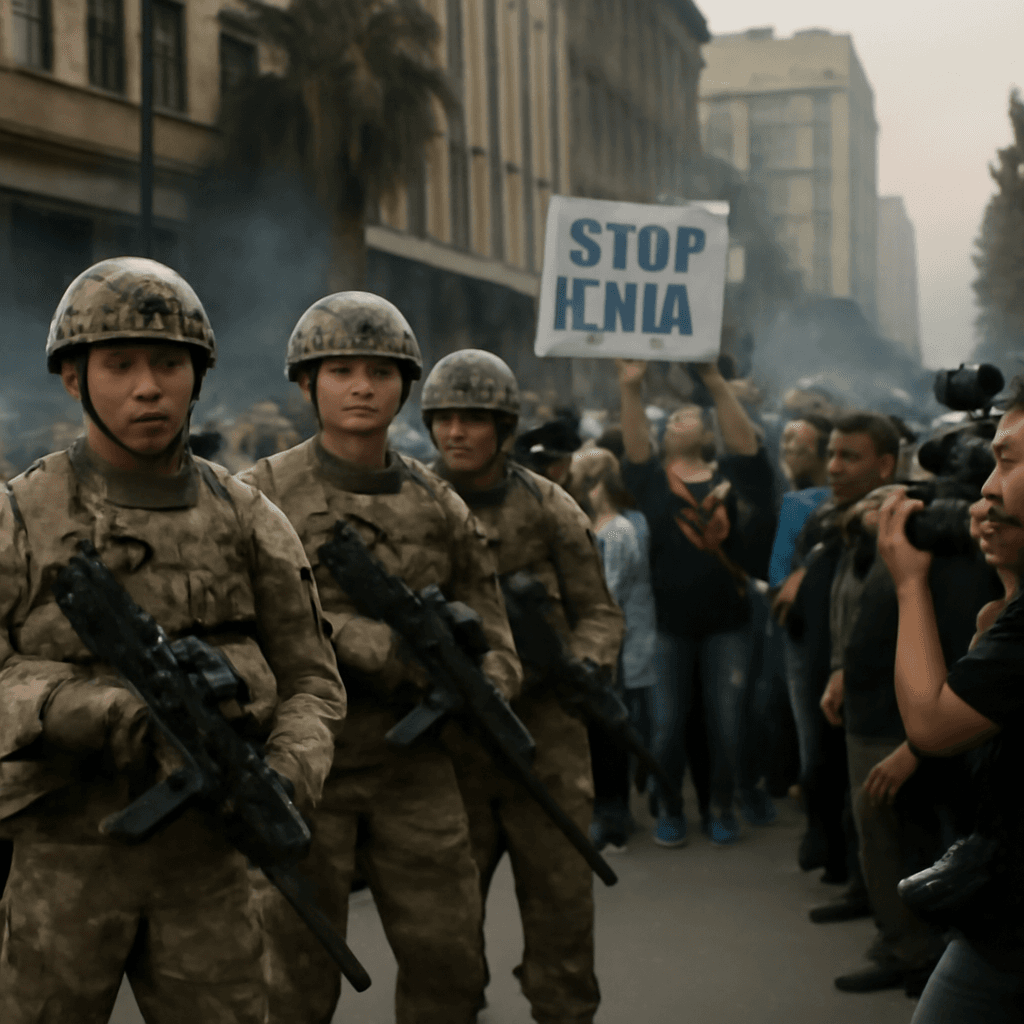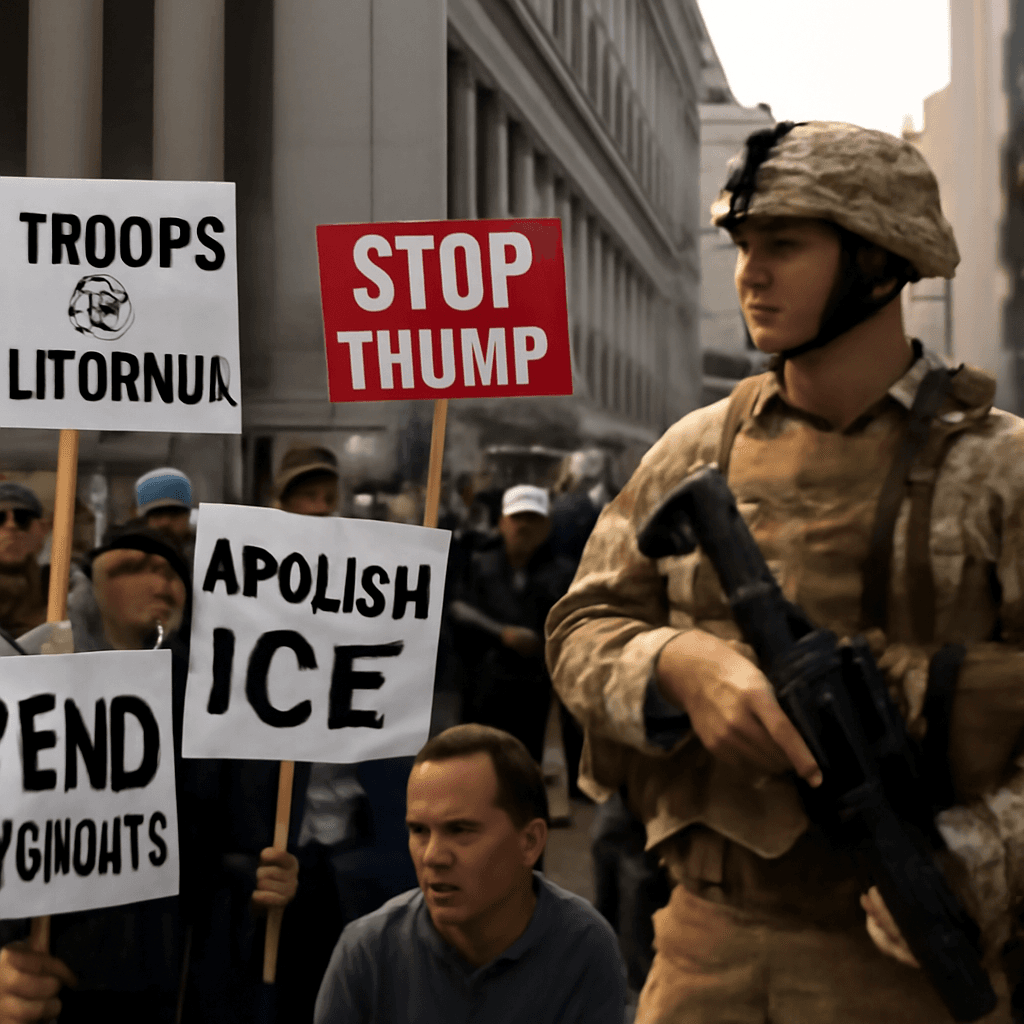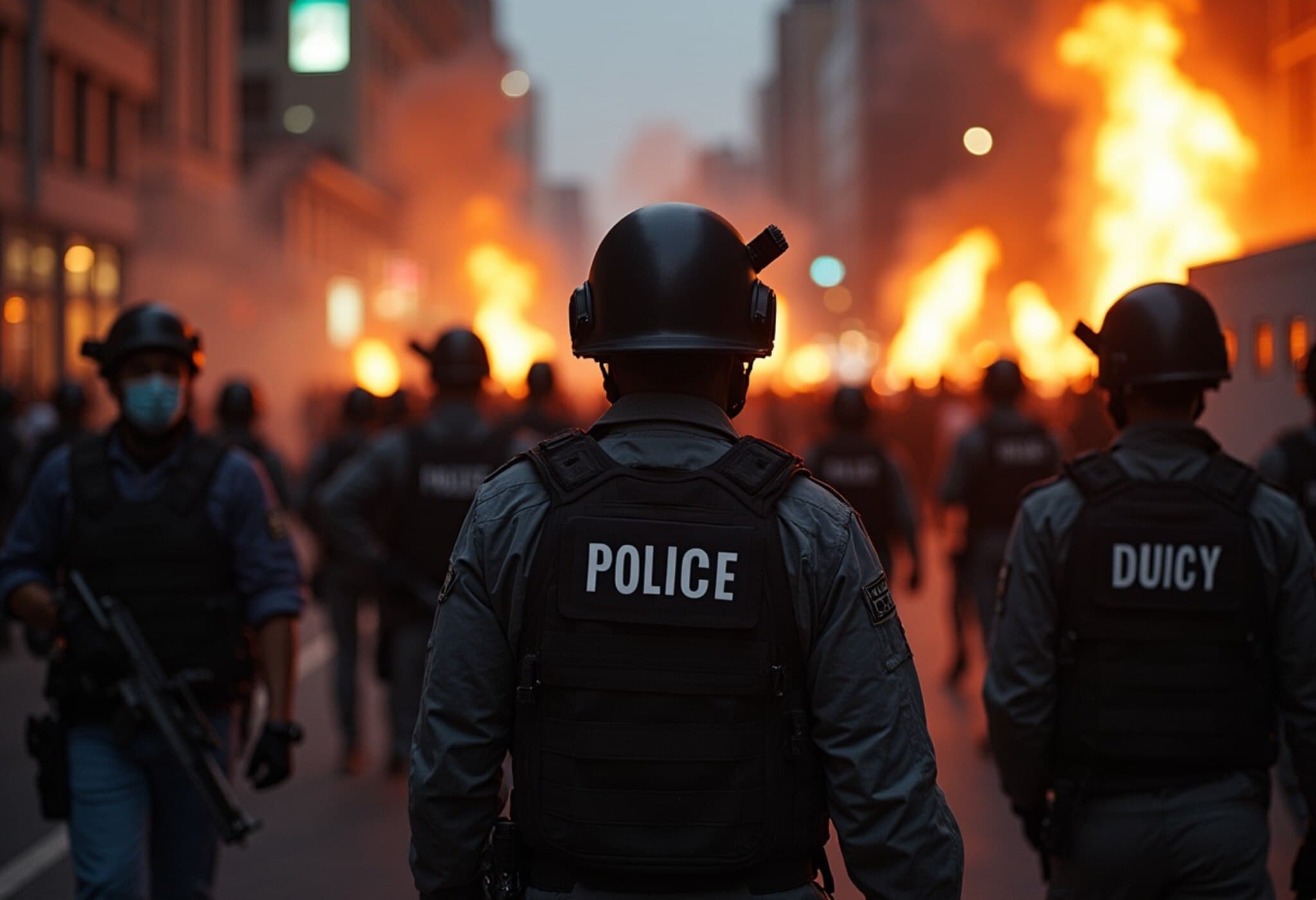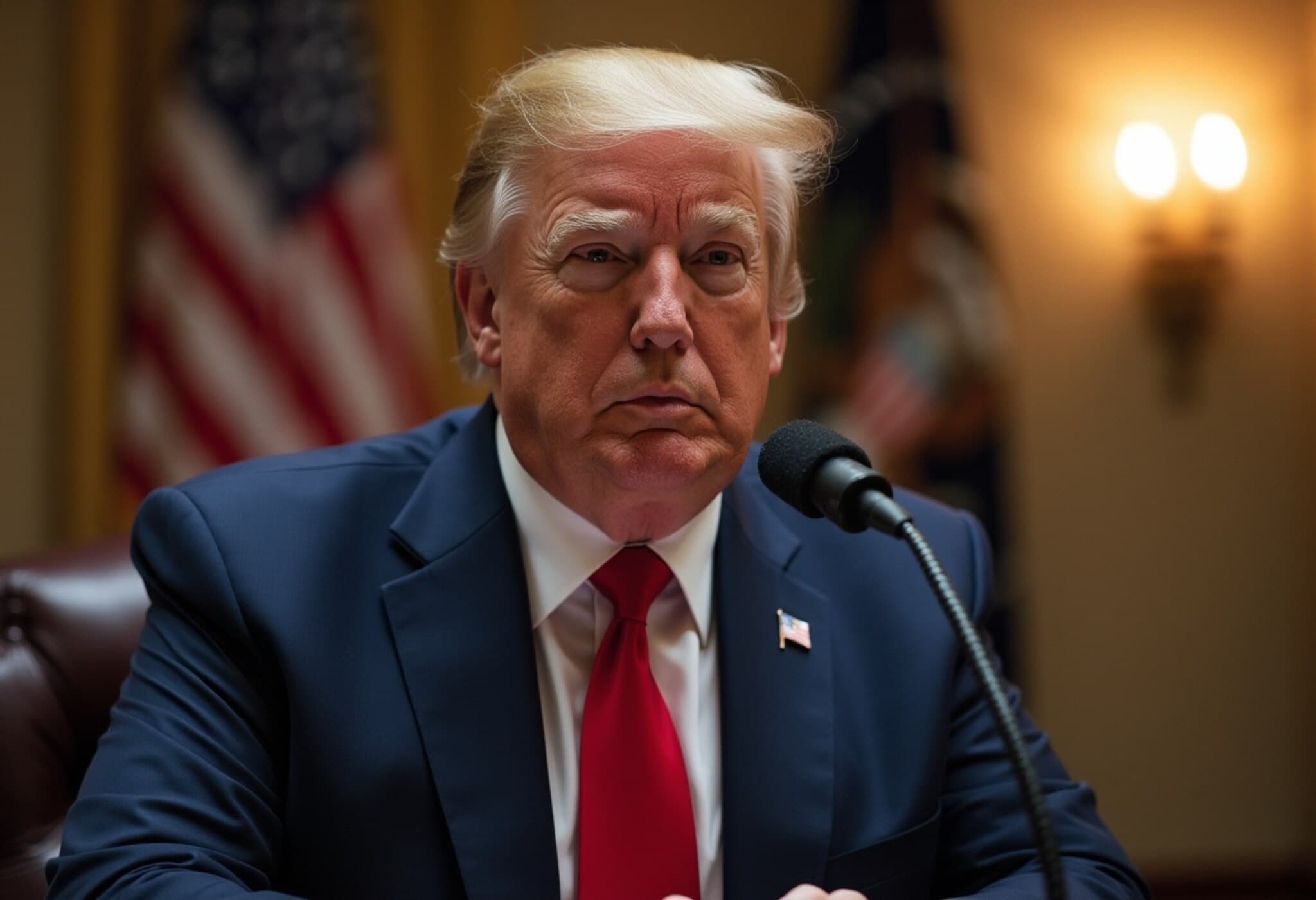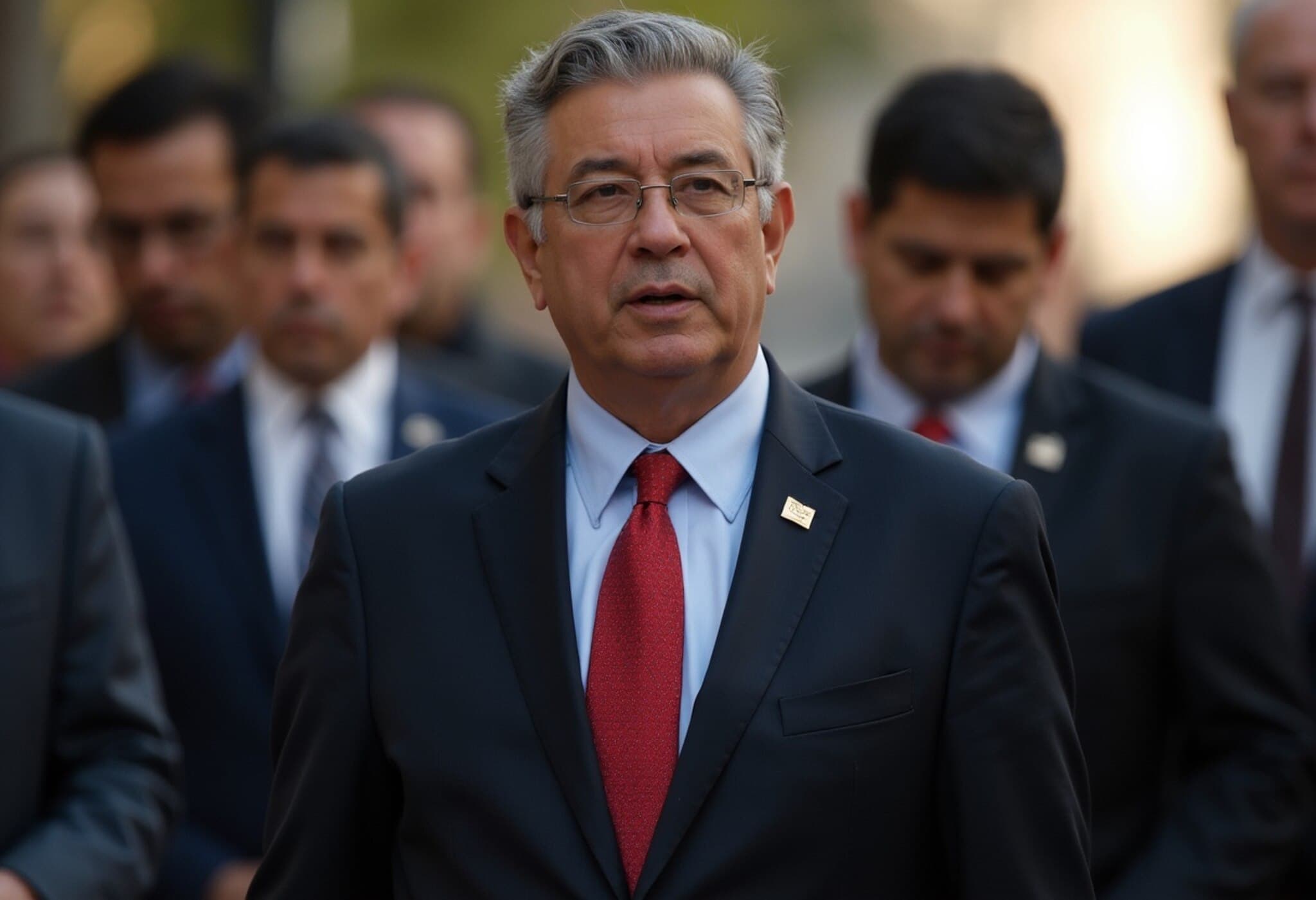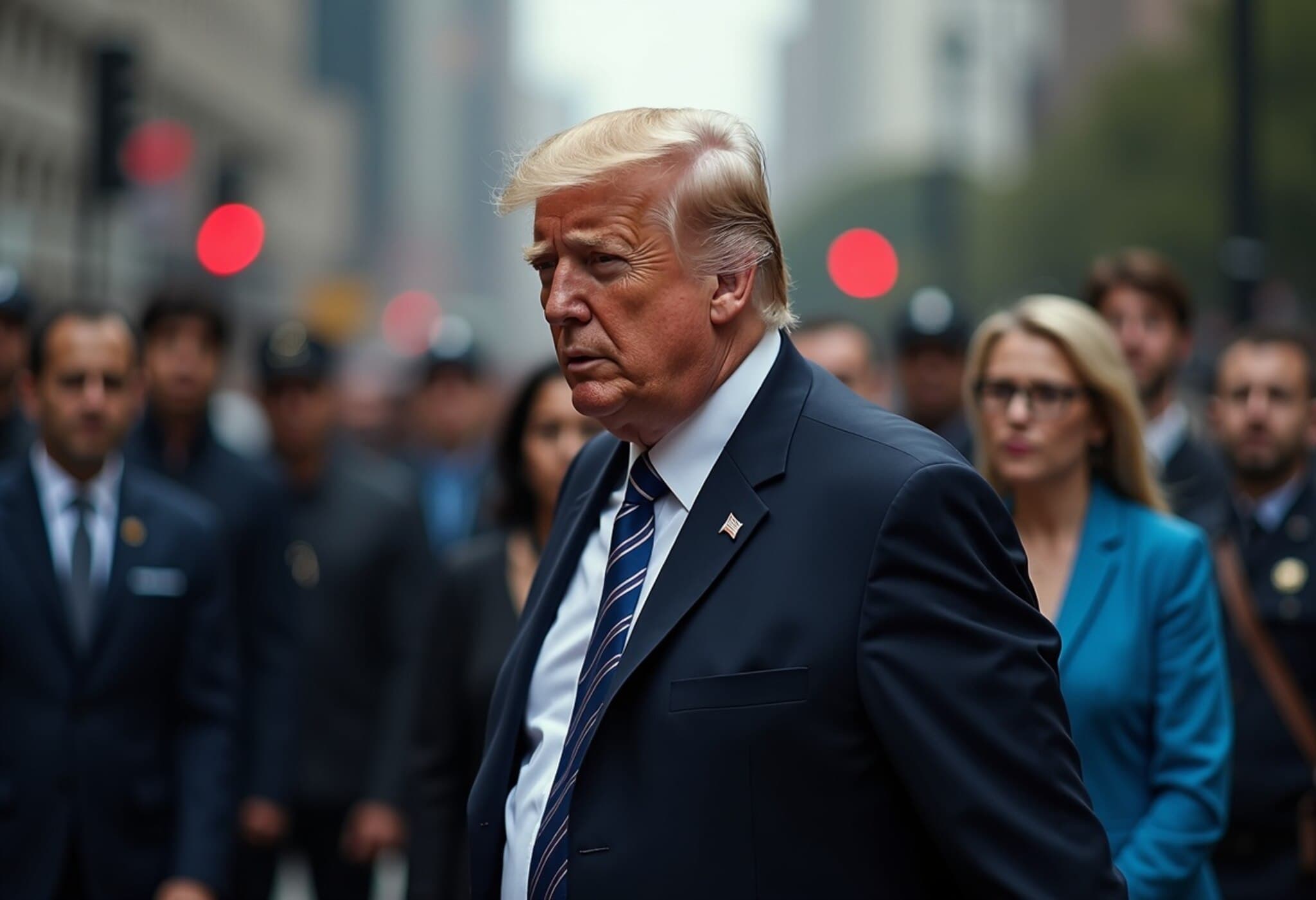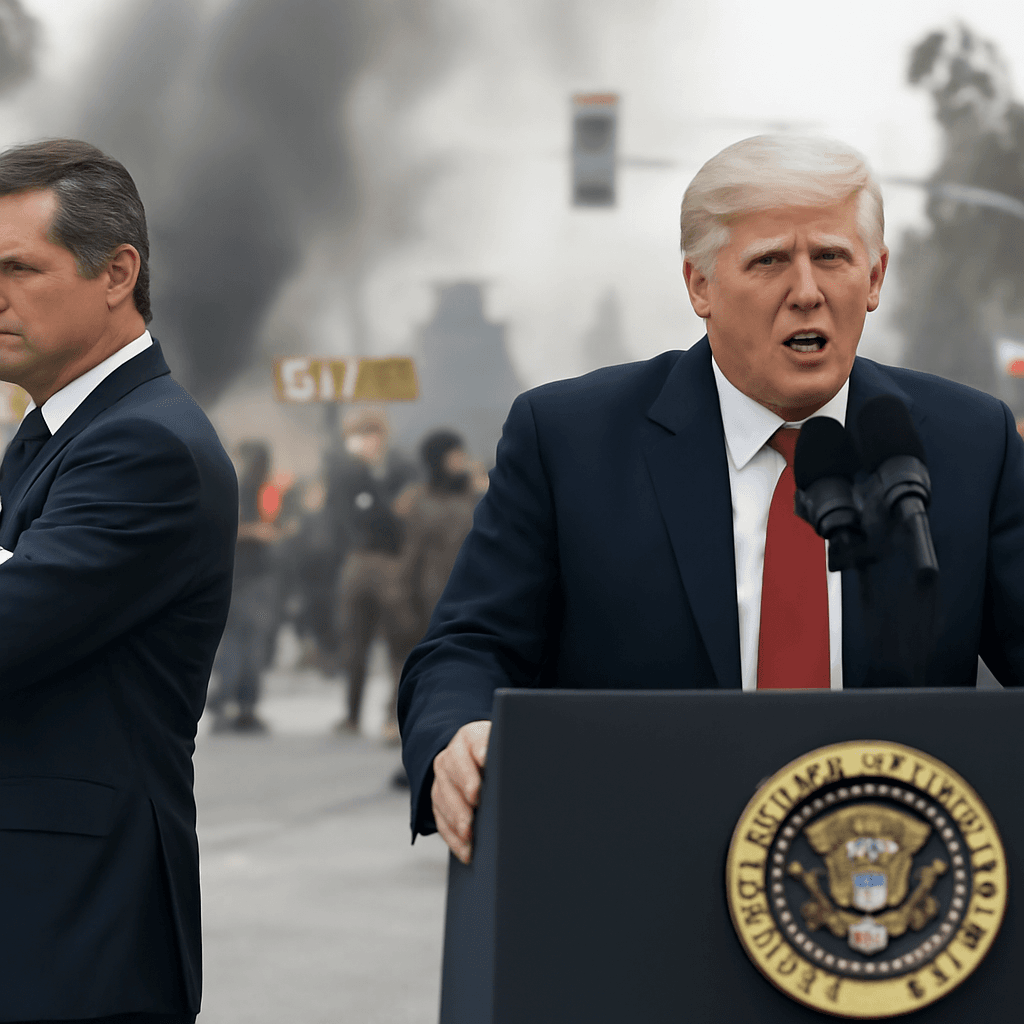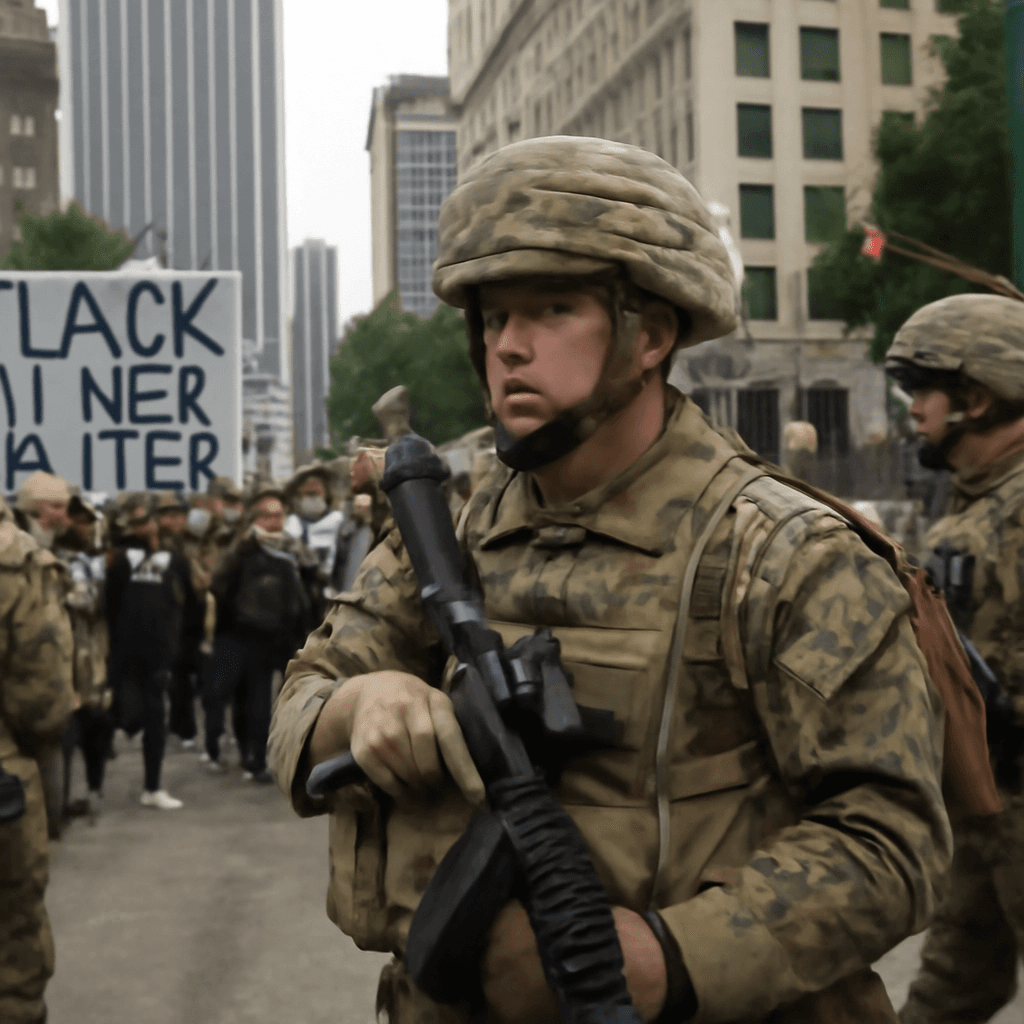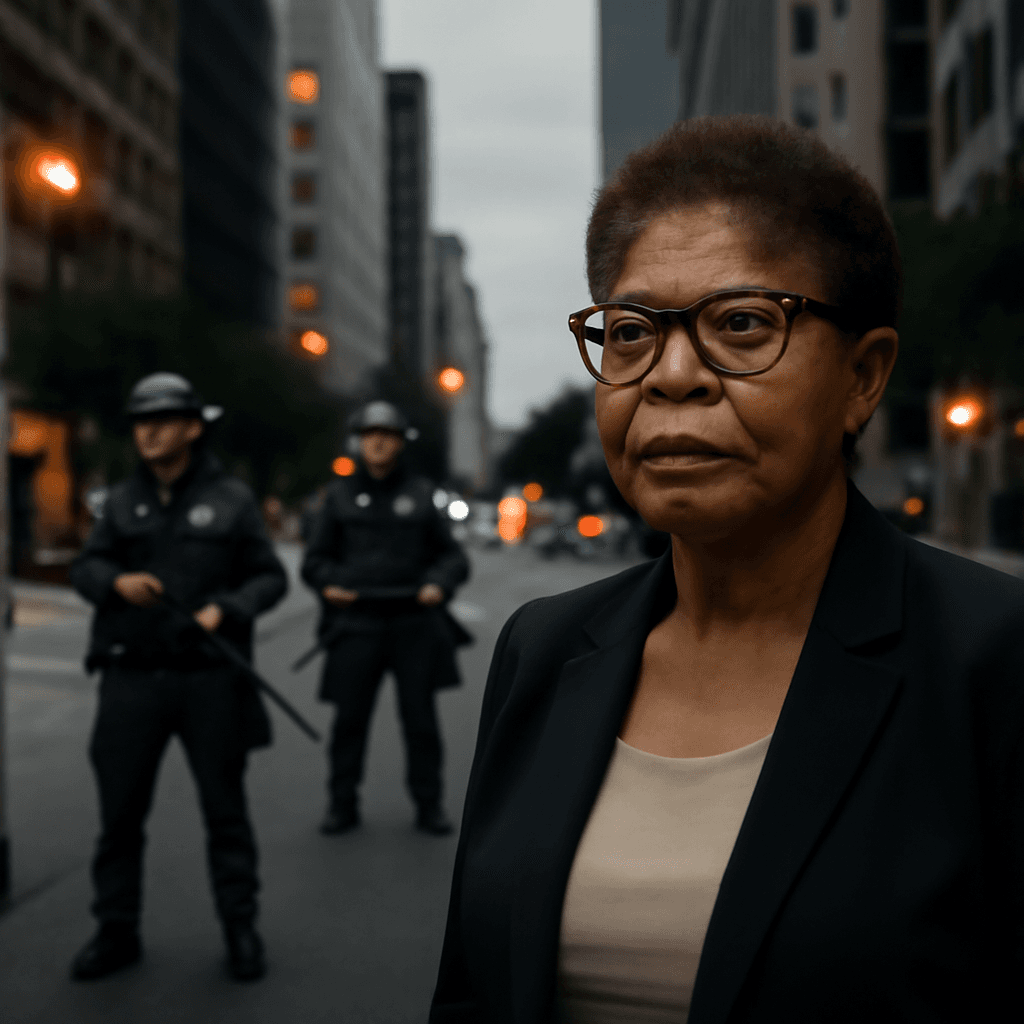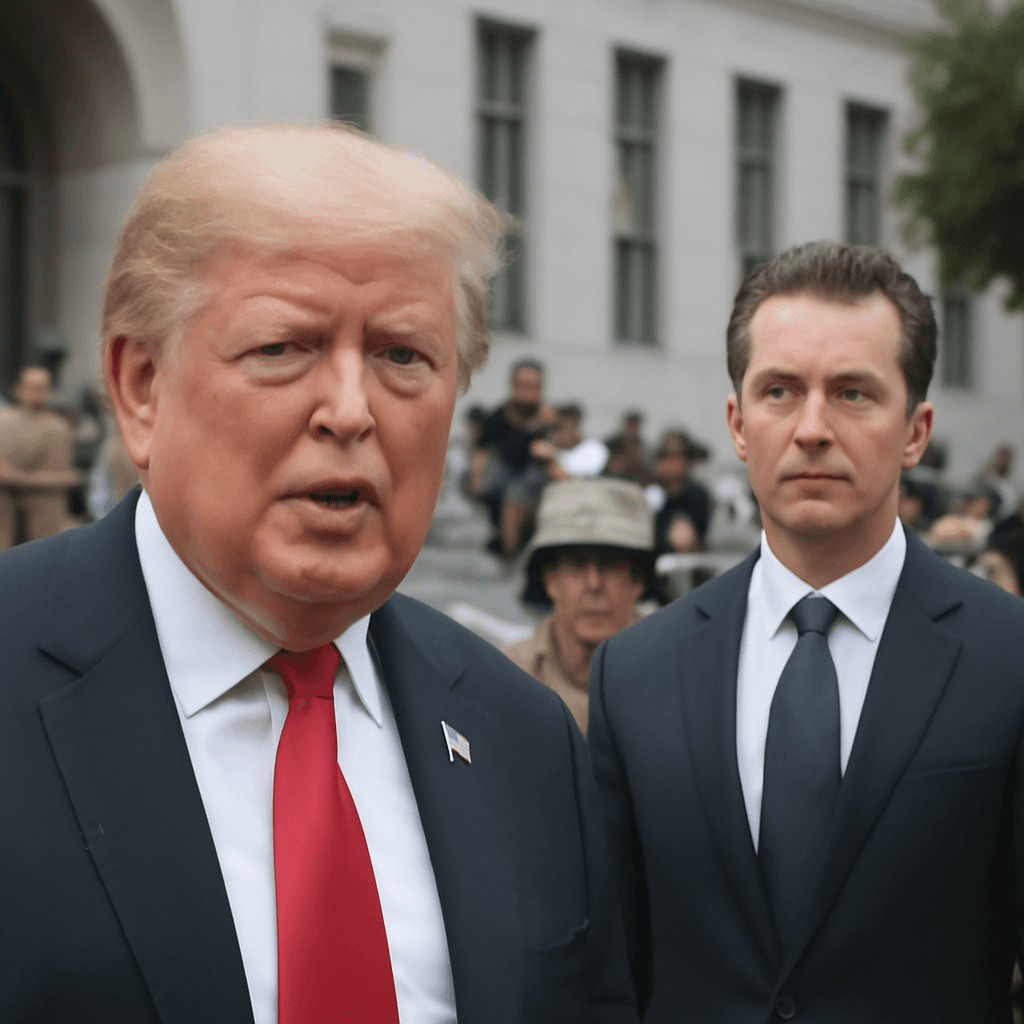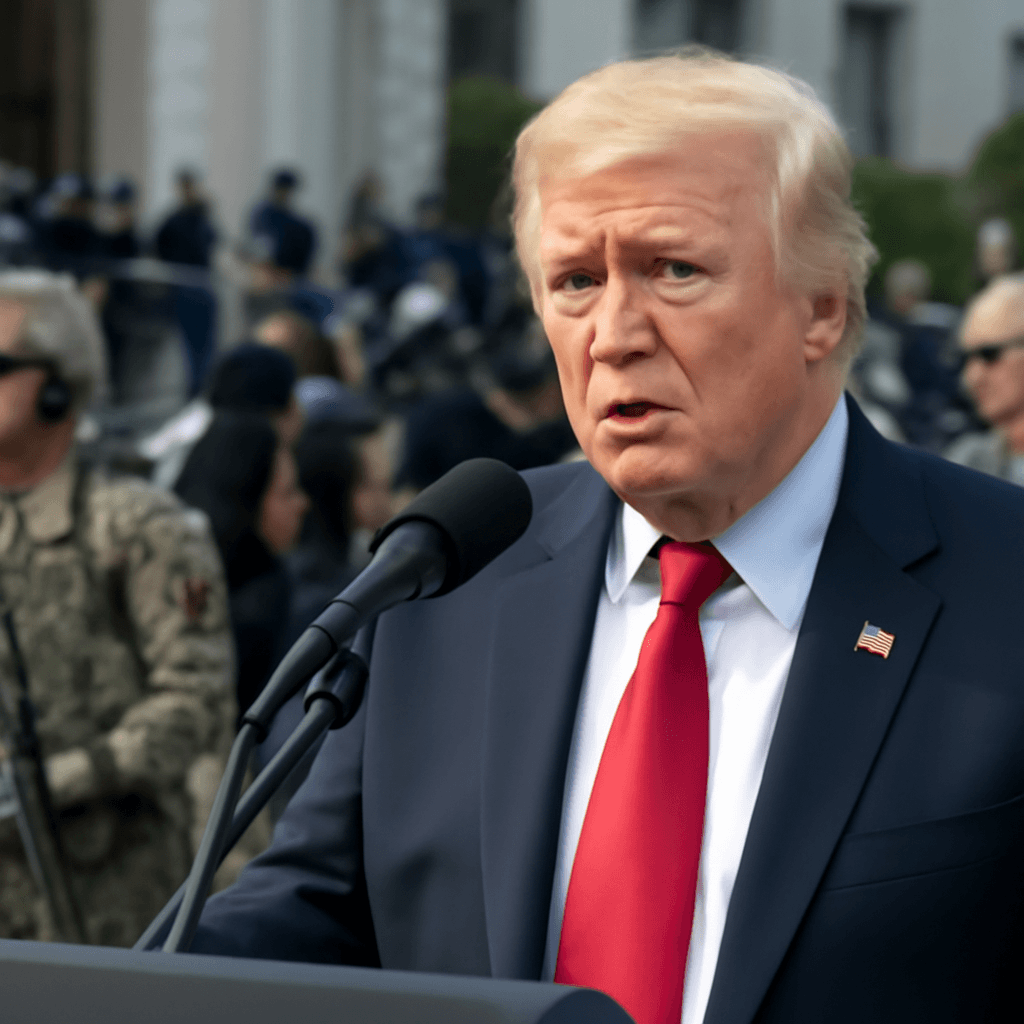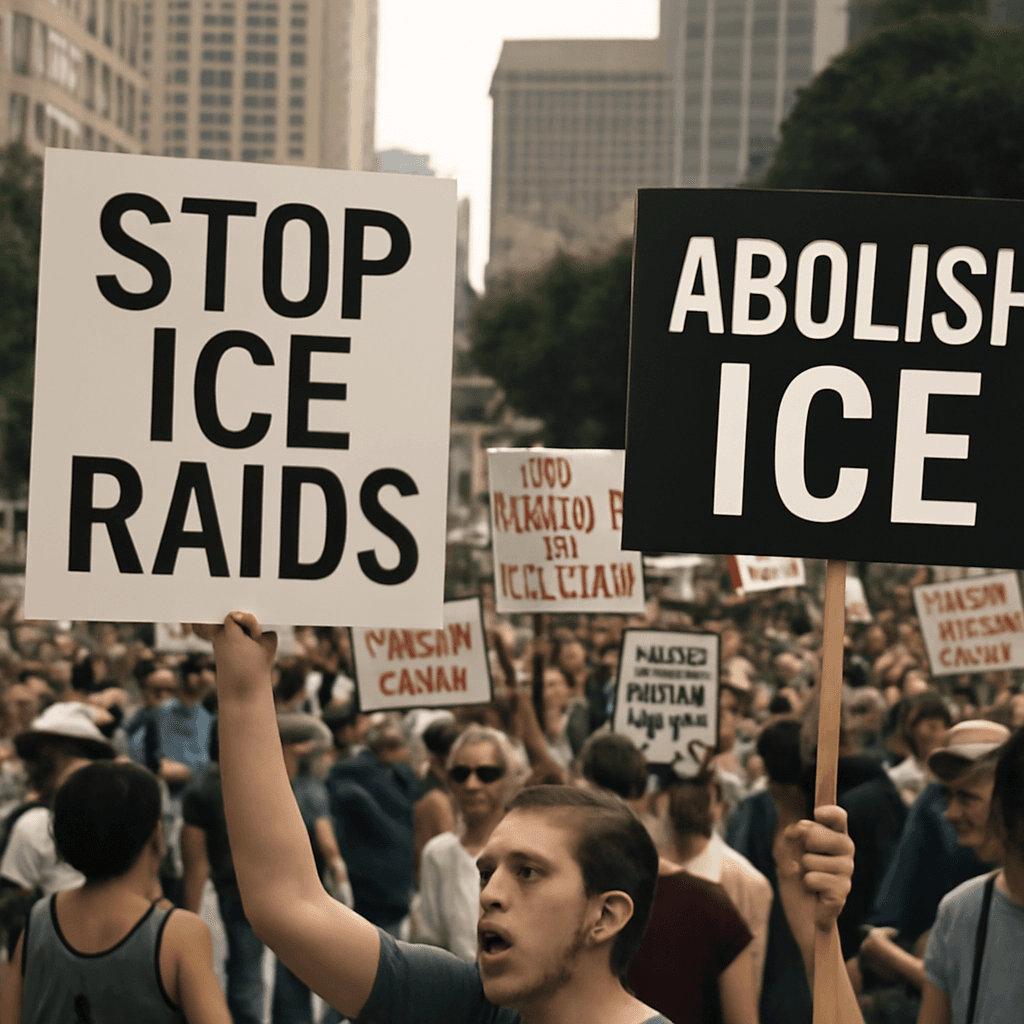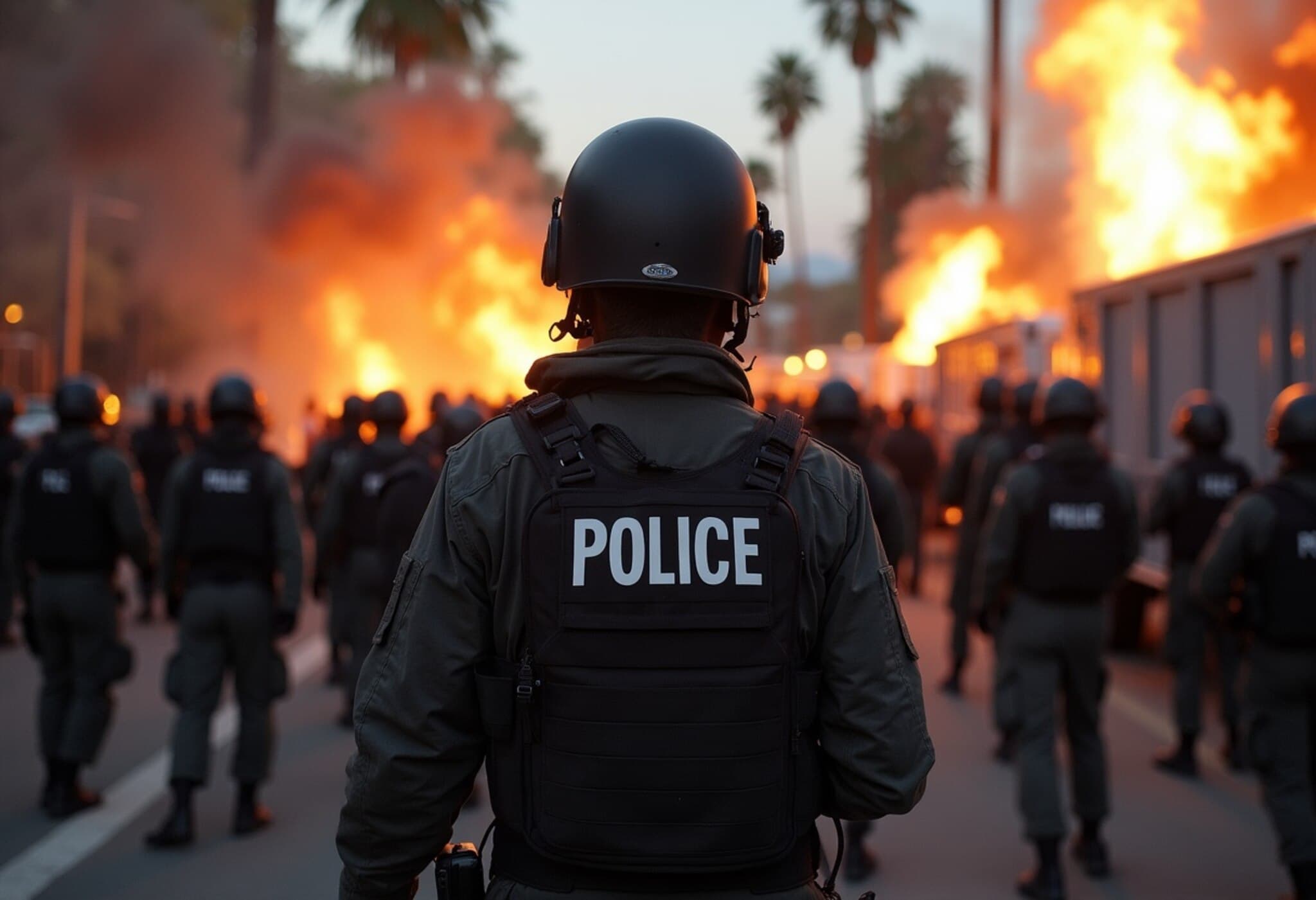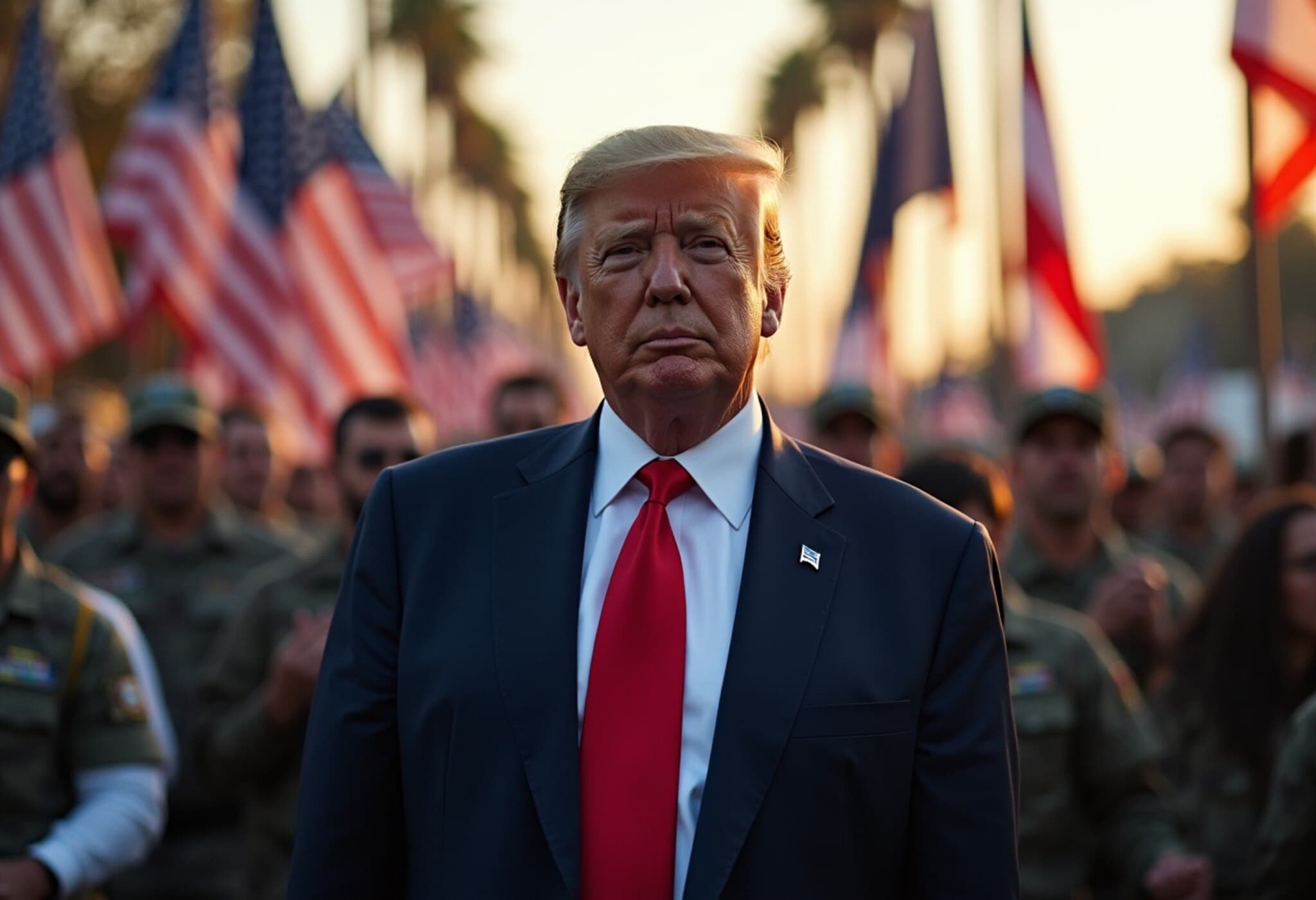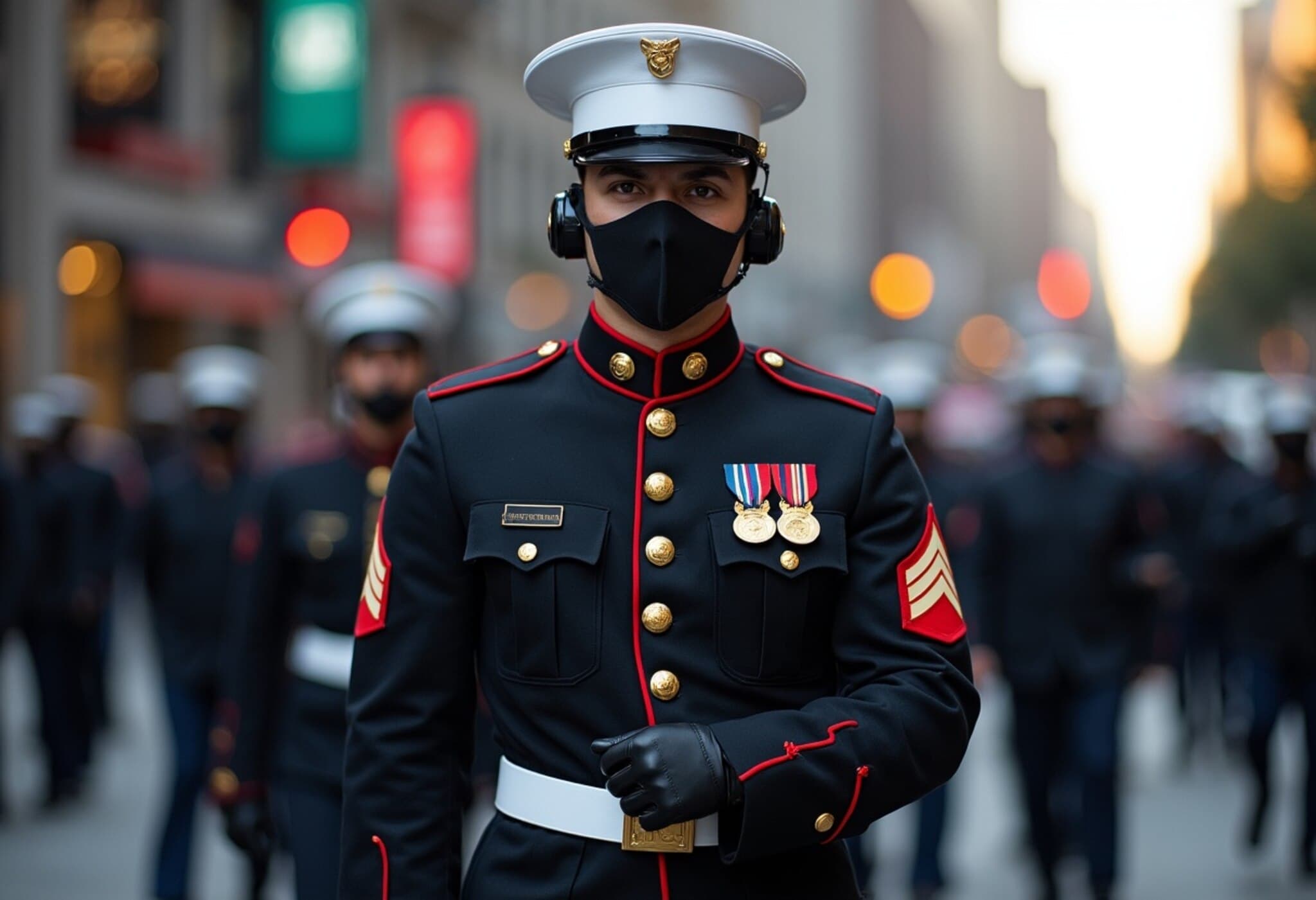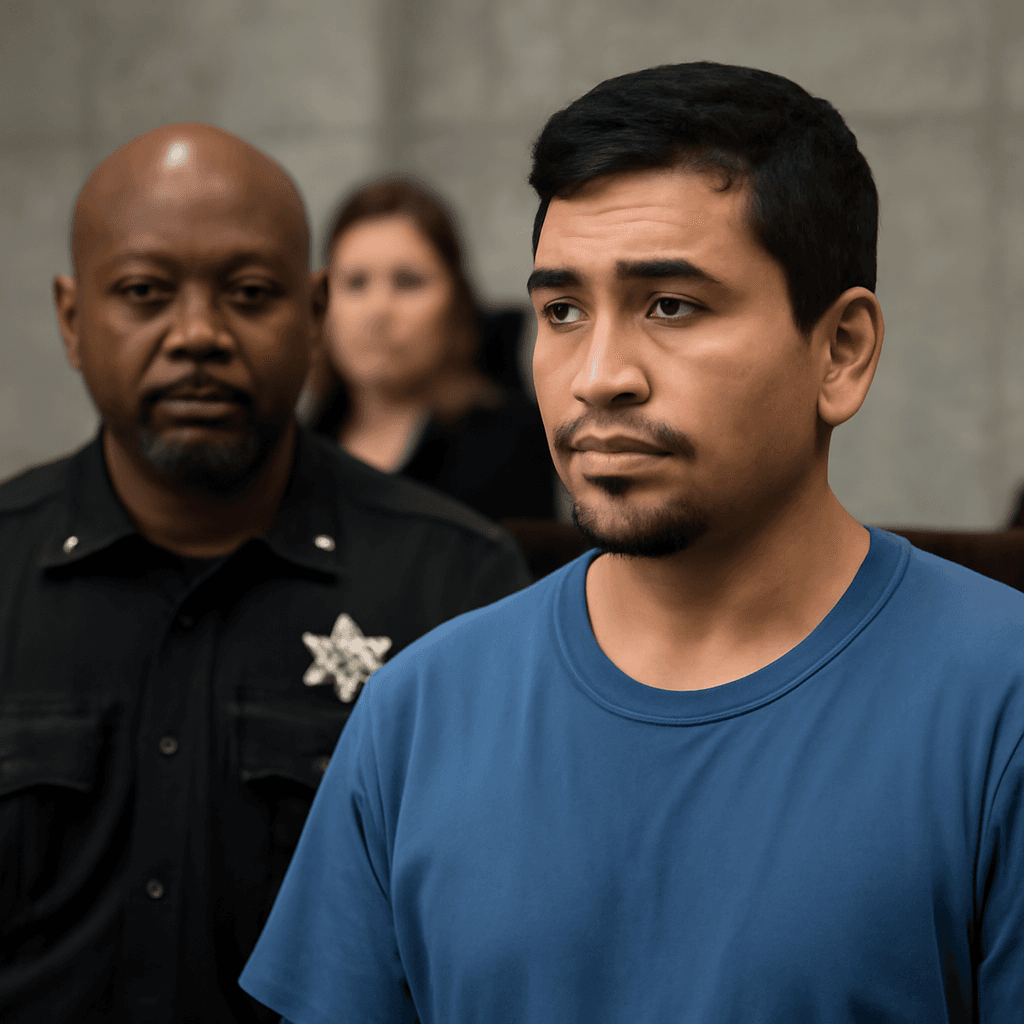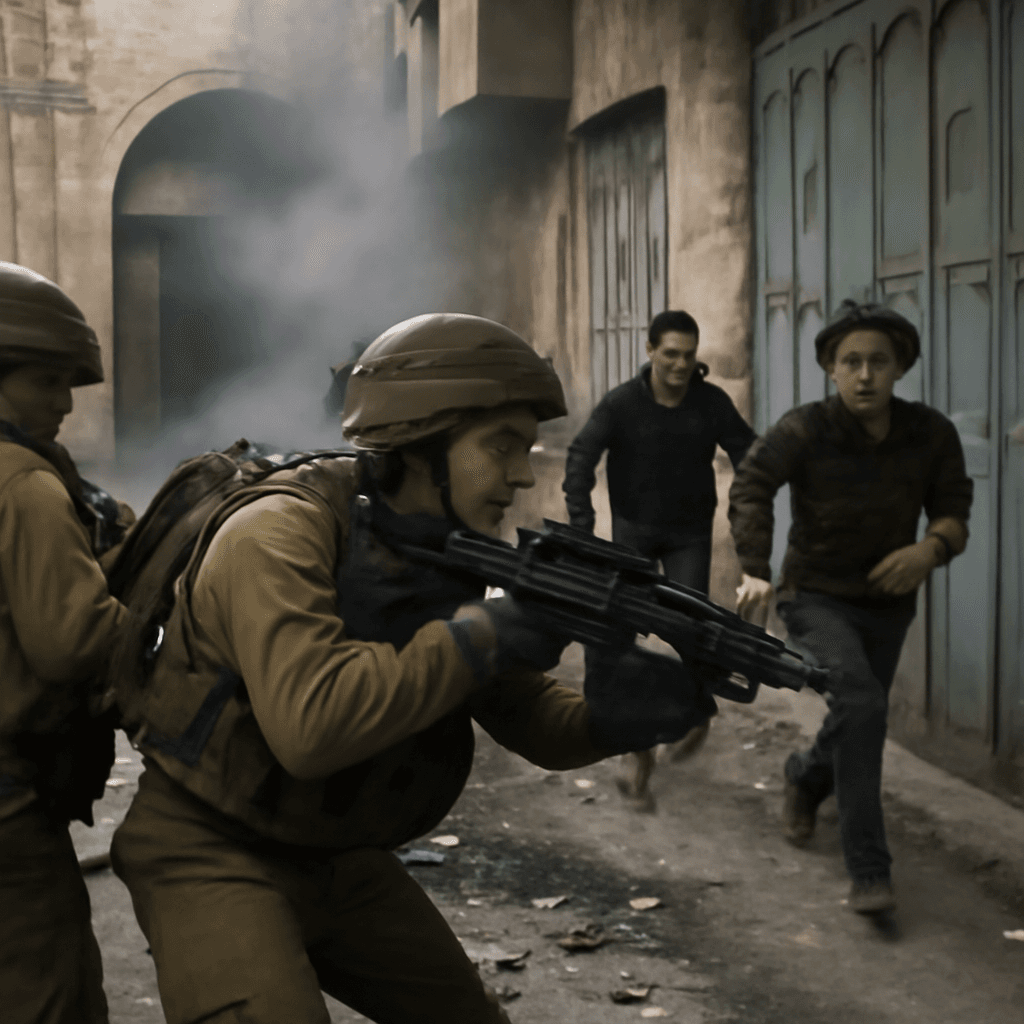Federal Forces Mobilized in Los Angeles amid Rising Immigration Protests
In a dramatic escalation of tensions, 700 US Marines, alongside 4,000 National Guard troops, were deployed to Los Angeles to suppress mounting protests against aggressive immigration raids. This move, announced just days before a national military celebration, has stirred deep controversy over accusations of authoritarian overreach.
Clash Between State and Federal Authorities
California officials have vehemently condemned the federal intervention, labeling it a provocative overreach that fueled unrest rather than quelled it. While violence has been largely concentrated downtown, the remainder of Los Angeles and the state have remained mostly peaceful. The state’s governor condemned the federal actions, warning they echo tactics used by authoritarian regimes around the world.
Political Firestorm Fuels Divisions
President Trump escalated the discord by publicly threatening the arrest of the governor and accusing California of harboring illegal immigrants. His senior immigration advisor denounced local leaders for allegedly supporting what they described as insurrectionist mobs opposing Immigration and Customs Enforcement (ICE) efforts. These inflammatory remarks deepened political rifts, sharply dividing public opinion across the country.
Protests Sparked by Targeted Immigration Crackdowns
The unrest was ignited by federal crackdowns primarily aimed at undocumented workers and, in some cases, even legal residents. Under new directives, ICE agents have been actively detaining individuals at everyday venues such as Home Depot and local convenience stores, bypassing previous slow methods of compiling lists. This aggressive approach has sown widespread fear within immigrant communities, disrupting lives and fueling protests across multiple cities.
Concerns Over Use of Force and Media Suppression
Tensions further intensified when federal forces were captured on camera appearing to deliberately target a reporter with a rubber bullet, sparking international outcry. The incident drew condemnation from foreign leaders who emphasized the critical role of a free and safe press. Additionally, reports emerged of forceful deportations, including young students being intimidated during removals, further heightening concerns about civil rights violations.
Voices from Los Angeles
Local leaders voiced urgent appeals amid widespread fear among families and workers. Los Angeles' mayor highlighted the city’s identity as a sanctuary for immigrants and condemned the raids as an attack not only on its people but also on the local economy.
National Impact and Future Outlook
While the federal crackdown has energized segments of the president’s base, it risks deepening the divide between Washington and immigrant-rich states like California. As protests swell beyond Los Angeles to cities such as San Francisco, Dallas, Austin, and New York City, the nation grapples with balancing immigration enforcement against civil liberties and social cohesion.
By [Author’s Name]

